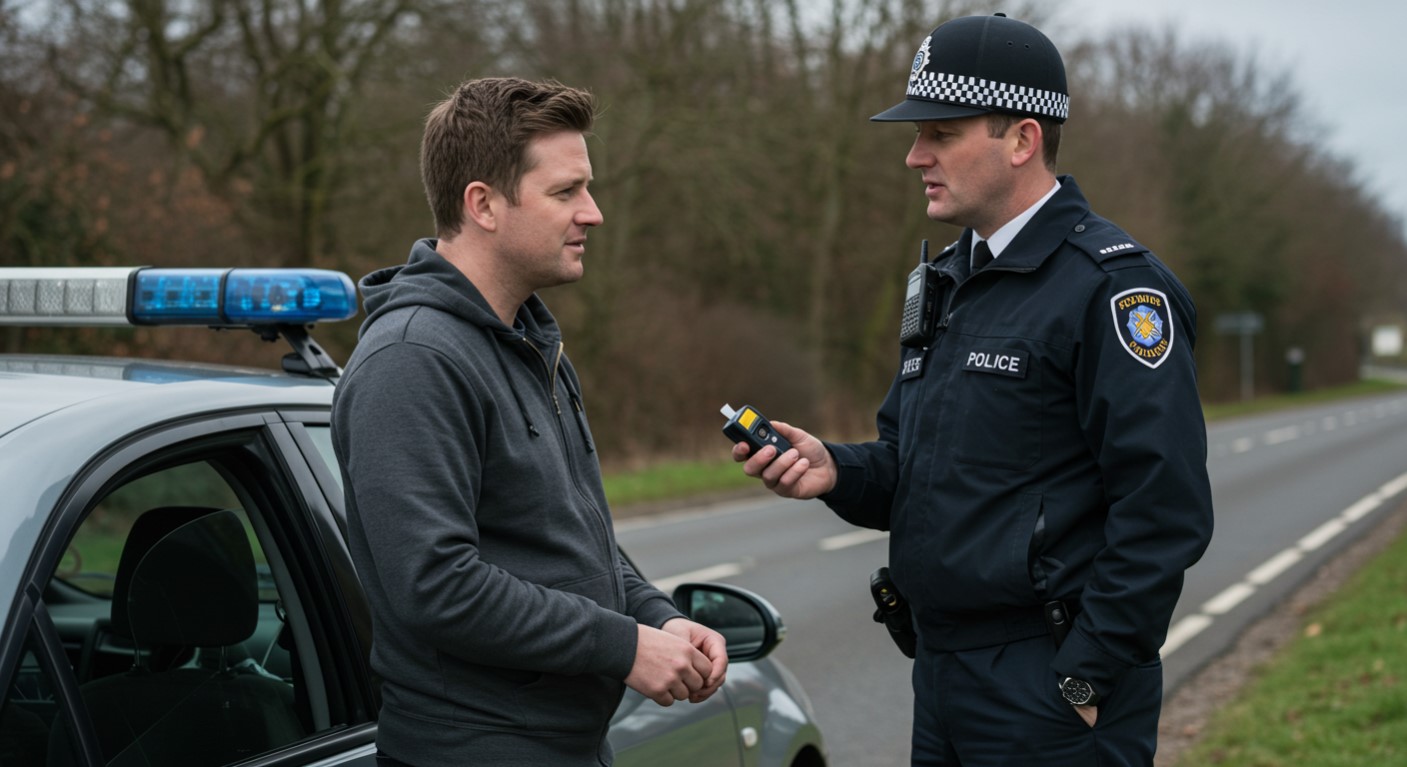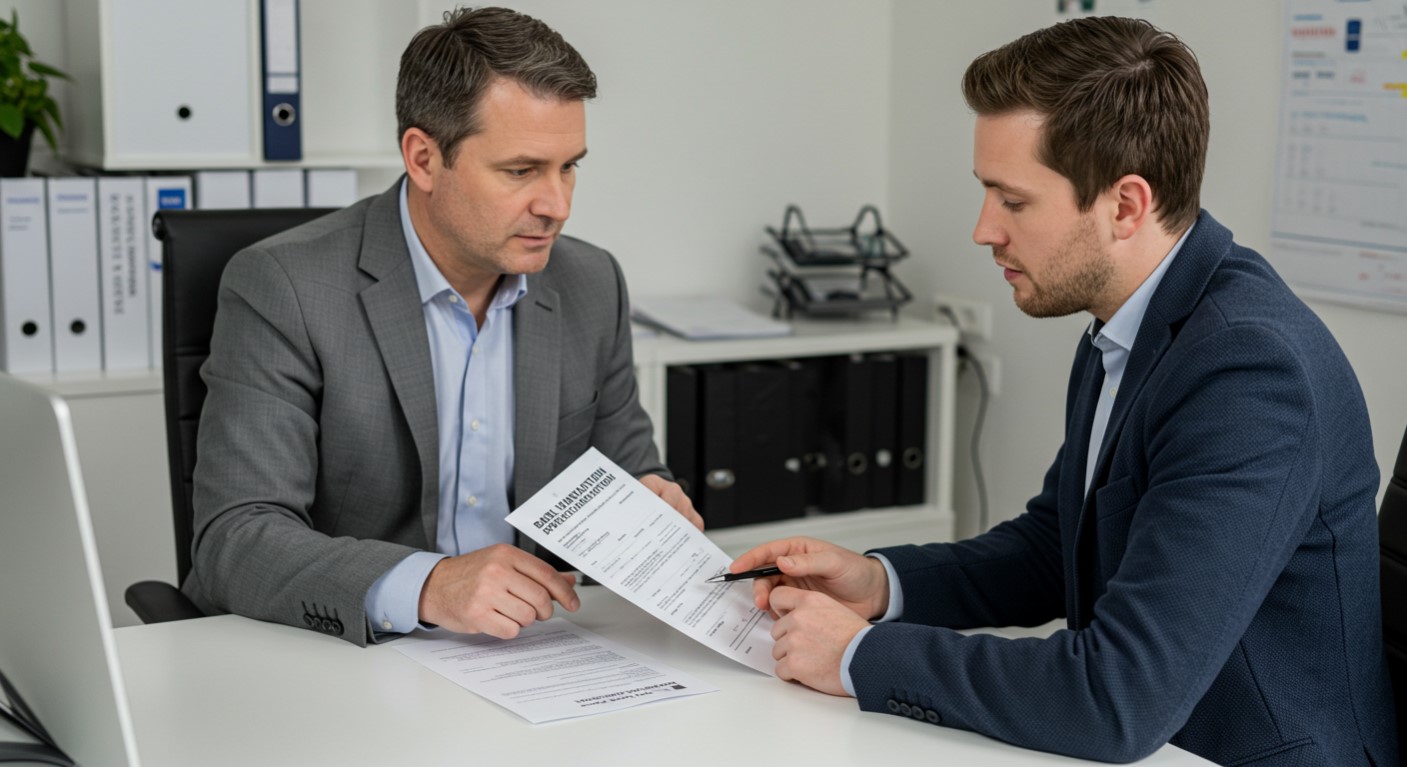Navigating Speeding Laws in the UK: Understanding Legal Defences and the Importance of Professional Advice

Navigating Speeding Laws in the UK: Understanding Legal Defences and the Importance of Professional Advice
In the realm of road safety and legal compliance, the laws governing speeding in the United Kingdom stand as a cornerstone. Speeding, an act often perceived as a minor infraction, bears significant implications not only for road safety but also for the legal standing of motorists.
This introduction sets the stage for an in-depth exploration of the complexities surrounding speeding laws in the UK, delving into the intricacies of legal statutes, the penalties associated with breaches, and the nuanced defences available to those charged with such offences.
The adherence to speed limits is not merely a matter of legal obligation but a fundamental aspect of ensuring safety on the roads. Speeding is a leading contributor to road accidents in the UK, making the understanding and enforcement of these laws a matter of paramount public interest.
The laws are designed not just to penalise but also to educate drivers, promoting a culture of responsibility and safety.
However, when one is accused of speeding, the situation often transcends the simplicity of exceeding a numerical limit. There are multiple layers to consider – from the method of speed detection to the accuracy of the equipment used, and from the clarity of road signage to the procedural aspects followed by law enforcement.
These factors open a window to a range of potential defences that might be applicable in certain situations.
Navigating the landscape of speeding laws is no trivial task. It requires an understanding of various legal provisions, starting from the Road Traffic Regulation Act 1984 to newer amendments and statutory instruments that govern road safety and traffic regulations.
For the uninitiated, this can be a daunting prospect, often necessitating professional legal advice.
The need for legal advice cannot be overstated. Speeding offences can result in penalties ranging from fines and penalty points to, in severe cases, disqualification from driving. These consequences not only affect one’s immediate ability to drive but can also have long-term repercussions on one’s personal and professional life.
Legal experts specialise in dissecting these laws, providing guidance on potential defences, and offering representation that could be pivotal in mitigating the penalties or even securing an acquittal.
This article aims to provide a comprehensive understanding of UK speeding laws, the potential defences available, and the critical importance of seeking legal advice.
It serves as a guide for those looking to navigate these legal waters, whether they are facing charges or simply seeking to be better informed about their rights and responsibilities as drivers in the UK.
Overview of Speeding Laws in the UK

The United Kingdom’s approach to managing and enforcing speed limits is both systematic and comprehensive, reflecting a deep-seated commitment to road safety. Speed limits in the UK vary depending on the type of road and the category of the vehicle.
For instance, cars and motorcycles typically face a different set of speed limits compared to larger vehicles like buses and lorries. These limits are usually signposted, but in cases where they are not, national speed limits apply – 30 mph in built-up areas, 60 mph on single carriageways, and 70 mph on dual carriageways and motorways.
Speeding offences in the UK are primarily detected through various means, including fixed speed cameras, mobile speed camera units, and sometimes through Average Speed Check zones. Once a vehicle is recorded as exceeding the speed limit, the registered keeper of the vehicle receives a Notice of Intended Prosecution (NIP) within 14 days.
The penalties for speeding can range significantly, from a £100 fine and three penalty points on the driver’s license to more severe consequences like higher fines, more points, or even a disqualification from driving in cases of excessive speed or repeated offences.
Legal Framework Governing Speeding Offences
The legal backdrop of speeding offences in the UK is rooted in several key pieces of legislation. The Road Traffic Regulation Act 1984 is particularly pivotal, as it sets out the basic rules and guidelines for speed limits and traffic regulation on British roads.
Additionally, the Road Traffic Offenders Act 1988 outlines the procedures for handling offences and the penalties that apply. These laws are supplemented by various statutory instruments and local traffic orders, which can introduce specific rules for particular areas or roads.
When a speeding case is brought before the courts, it follows a structured legal process. Initially, the issuance of a NIP is a crucial step, as it formally notifies the individual of the alleged offence. If the case progresses to court, the prosecution must prove beyond a reasonable doubt that the individual was speeding.
This involves presenting evidence such as speed camera data, calibration records of the detection equipment, and any other relevant information. The driver has the right to challenge this evidence and present their defence.
Potential Defences for Speeding Offences

While the law on speeding is clear, there are several defences that can be employed if one is accused of a speeding offence. These defences are not always straightforward and require a thorough understanding of both the law and the circumstances of the offence. Some of the commonly used defences include:
- Faulty Speed Detection Equipment: Arguing that the equipment used to measure the vehicle’s speed was not functioning correctly or was not properly calibrated at the time of the alleged offence.
- Emergency Situations: In rare cases, speeding may be justified if it is necessary in an emergency situation, such as to prevent harm or in response to a medical emergency.
- Lack of Proper Signage: If the speed limit signs were not visible or were misleading, this could be a valid defence. The driver must prove that they were unaware of the speed limit due to the lack of proper signage.
- Errors in Issuing the NIP: Procedural errors in issuing the Notice of Intended Prosecution, such as not serving the notice within the required timeframe, can be a basis for defence.
Each of these defences requires specific evidence and legal arguments to be successful. They illustrate the complexity of speeding cases and underscore the necessity of professional legal advice to navigate these intricacies effectively.
The Role of Evidence and Legal Procedure in Speeding Cases
In the realm of UK, speeding offence evidence plays a crucial role in both prosecution and defence. The type of evidence typically presented in these cases includes data from speed detection devices, such as radar or laser gun readings, photographs or video footage from speed cameras, and calibration records of the detection equipment.
These pieces of evidence are critical in establishing whether a speeding offence has occurred.
For a defendant, challenging the prosecution’s evidence often forms a central part of the defence strategy. This can involve questioning the accuracy or reliability of the speed detection equipment, the validity of the calibration certificates, or the clarity and credibility of photographic evidence.
Additionally, the defendant can introduce their own evidence, such as witness testimonies or expert reports, to support their case.
The legal procedure in contesting a speeding offence typically involves several stages. After receiving a NIP, the defendant must respond, usually within 28 days, indicating whether they accept the penalty or wish to contest the charge.
If the latter, the case will proceed to a hearing in a Magistrates’ Court. Here, both sides present their evidence and arguments, after which the magistrates decide on the defendant’s guilt and the appropriate penalty, if any.
Why Seek Legal Advice?

The complexity and potential consequences of a speeding charge in the UK underscore the importance of seeking professional legal advice. Legal experts in traffic law can provide invaluable guidance on how to approach a defence, what evidence to gather, and how to present it effectively in court.
They can also advise on the likelihood of success for different defence strategies and the potential implications of different outcomes.
Legal representation is especially crucial in cases where the defendant faces severe penalties, such as a substantial fine, significant penalty points, or disqualification from driving. A skilled lawyer can navigate the procedural nuances of traffic court, challenge the prosecution’s evidence, and articulate a compelling defence.
Moreover, legal professionals can also assist in plea bargaining, where appropriate, potentially leading to reduced penalties.
Conclusion: Navigating Speeding Laws in the UK

In conclusion, speeding laws in the UK are comprehensive and strictly enforced, with a range of penalties designed to deter and punish violations. The legal framework governing these offences is intricate, involving specific legislation and procedures.
For those accused of a speeding offence, there are several potential defences, but these require careful articulation and evidence to be effective.
The role of evidence in these cases is paramount, both for the prosecution and defence. Successfully contesting a speeding charge often hinges on the ability to challenge the reliability and interpretation of the evidence presented by the prosecution.
Given the complexities involved, seeking legal advice is not just beneficial but often essential. Professional legal advice can provide the expertise and representation necessary to navigate the legal process, maximise the chances of a favourable outcome, and mitigate the potential consequences of a speeding offence.
This exploration of speeding laws, potential defences, and the importance of legal advice in the UK demonstrates the intricate nature of traffic law and the significant impact it can have on individuals.
It emphasises the need for awareness and understanding of these laws and the value of professional guidance in dealing with such legal matters.
Notice: Informational Content Disclaimer
The content provided on this website, including articles, blog posts, and other informational materials, is intended for general informational purposes only. It is not intended as, and should not be considered, legal advice.
Visitors to this website should be aware that the information presented here is not a substitute for seeking legal advice from a qualified solicitor or legal professional. Each individual's legal situation is unique, and the information provided may not be applicable to specific circumstances.
If you require legal advice or have specific legal questions, we encourage you to contact us directly. Our experienced team of solicitors is here to assist you with your legal needs and provide tailored advice to address your concerns.
Please be advised that any communication through this website, including the use of contact forms or email, does not create a solicitor-client relationship. Confidential or time-sensitive information should not be sent through this website. To establish a solicitor-client relationship and discuss your legal matters in detail, please contact us for a consultation.
We strive to provide accurate and up-to-date information, but we make no representations or warranties regarding the accuracy, completeness, or suitability of the information contained on this website. We shall not be liable for any reliance placed on the information provided herein.
Thank you for visiting our website. We look forward to the opportunity to assist you with your legal needs.




